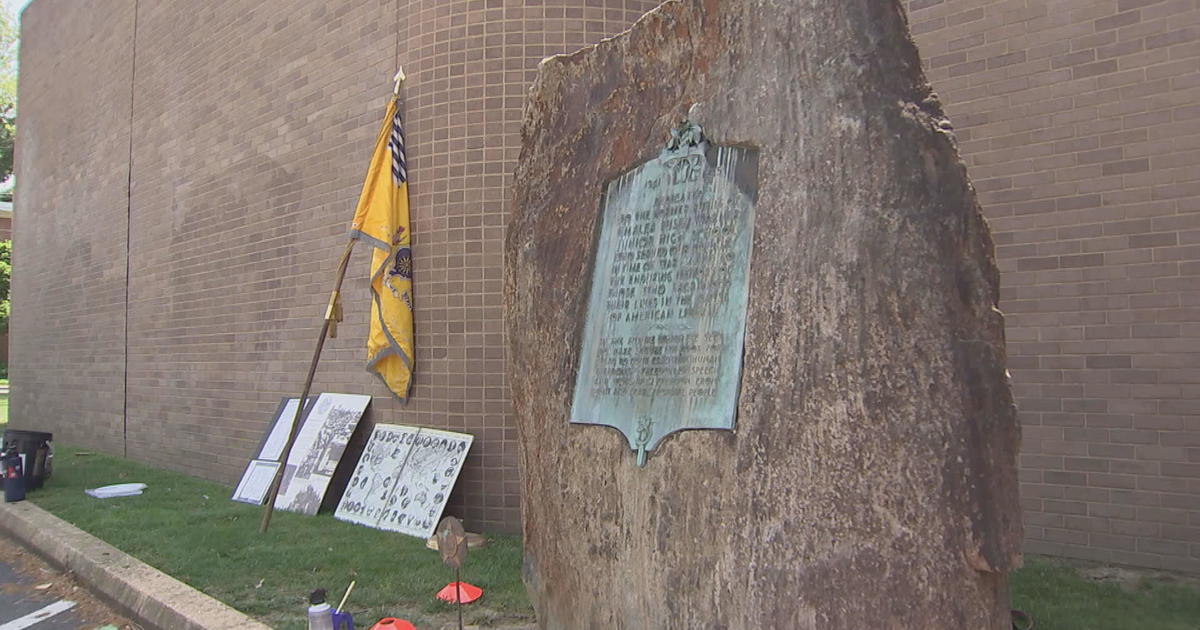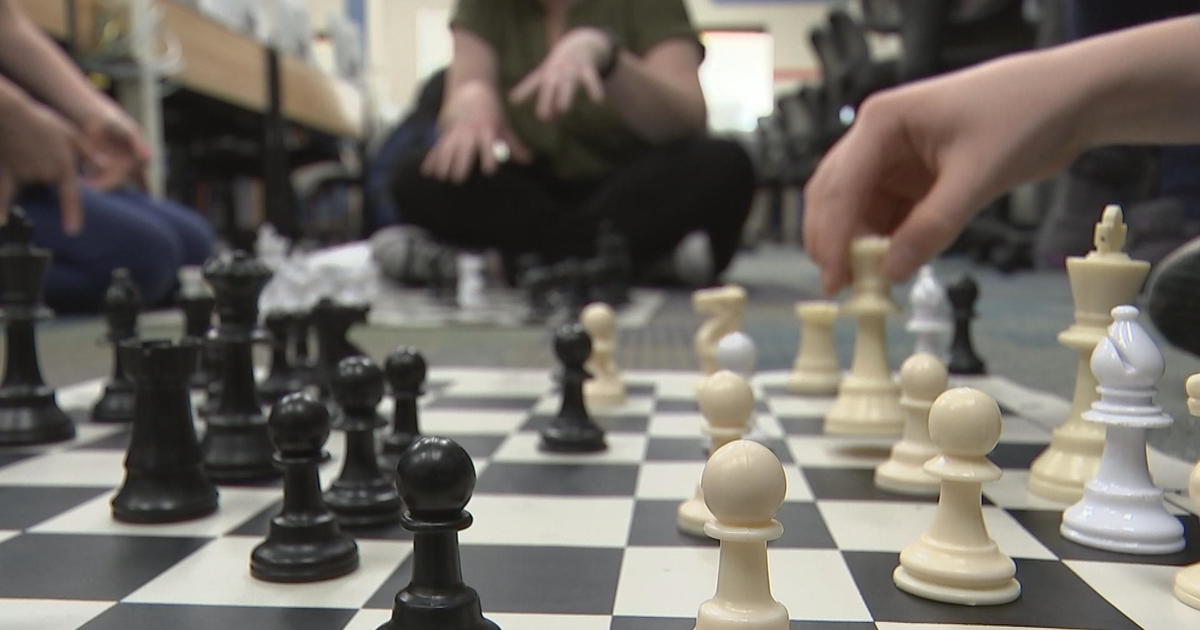Remembering "The Greatest"
PHILADELPHIA, PA (CBS) — Muhammad Ali died this past weekend and it was the biggest story in the world. It's why when it comes to "The Greatest," overstatement can be used. He provided so many indelible moments not just in boxing history, but in sports history and beyond.
Those born far after his reign know who the fabled figure is in that resonant poignant black-and-white portrait, with his right arm fixed standing over Sonny Liston, who no one at the time thought could be knocked down.
That's what Ali did. He defied logic. He defied convention. And he was one of the forefathers of generations of athletes. He was able to self- proclaim himself The Greatest, because he really truly was just that.
Nothing can be overstated when it comes to Ali. He was, and is, the world's most recognized person. He was boxing's shining light, when the sport was still relevant, and when the heavyweight division was at its best in history.
The greatest shame is that the world knew the man, yet never saw the man at his best.
He was robbed of those years when he refused induction into the United States Army during the Vietnam War as a conscientious objector. The rest of America eventually caught on to his foresight a decade later when the United States pulled out of the useless conflict at a cost of over 50,000 lives.
In the ring, he was a rulebreaker. He kept his hands down by his side. And they were the fastest of anyone in heavyweight history. He leaned back from punches, instead of slipping to a side from oncoming shots. And soon, the speed subsided for the sound.
Ali was the first to predict the round he would defeat an opponent. He was the first to playfully nickname fierce, gritty men whose mere glare was enough to scare the skin off most normal human beings.
Victories began mounting.
Everything changed the first time Ali defied the world order when he beat Sonny Liston on February 25, 1964, in Miami Beach, Florida. "The Louisville Lip" proved to be more than just mouth that night. Everything changed for the 22-year-old kid who was known as Cassius Clay and became Muhammad Ali. He wasn't just a fighter but a living, screaming lightning rod for the most polarizing issues of those times.
He was the embodiment of controversy.
When Ali returned from his three-and-a-half year exile from boxing, the heavyweight landscape now was filled with brutal killers like Joe Frazier, George Foreman, Ken Norton, Earnie Shavers and Gerry Quarry. Without Frazier, there would be no Ali—and without Ali, there would have been no Frazier.
Ten years after he beat Liston, he changed the world order again by upsetting Foreman.
But those wars silenced the loudest man in the war, and, eventually, at the relatively young age of 74, shaved years off his life giving him Parkinson's soon after his career was over. He was sentenced in a quivering body, and a glazed stare.
His ability, his audacity, his courage and conviction were already established by then. As was his legend. He didn't have to say anymore. His job was done. In one life, he lived a thousand times.
In the end, he meant so much to so many. It's why there is no such thing as overstatement when it comes to Muhammad Ali.
He outshined the hype.
Everyone that ever met him thought that they had a special connection to him. That he was theirs. Though he wasn't, Ali made sure you felt that way. That was his gift.



